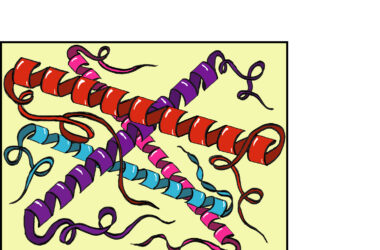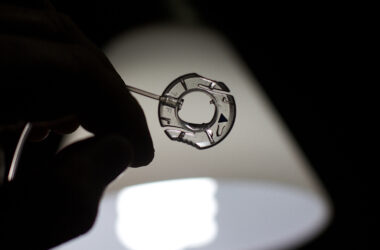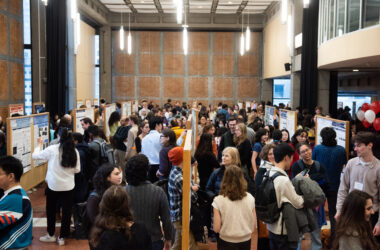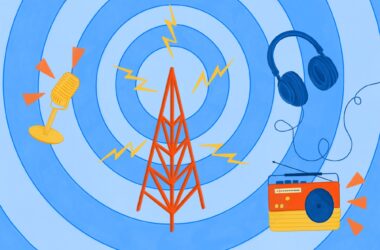Proteins are the workhorses of our cells, responsible for a vast array of functions that keep us alive and healthy. From building muscle to fighting disease, their intricate shapes determine their specific roles. Although the task has so far eluded scientists, they hope to ultimately incorporate lab-designed proteins into personalized[Read More…]
Science & Technology
The latest in science and technology.
Digitizing African studies: The technical and ethical considerations
Computers have become essential to how we work and live. Digital humanities, a new and expanding field, takes on the challenge of rethinking the traditionally paper-based operation of storing, processing, and accessing research materials. Kartikay Chadha, a McGill doctoral student in Information Studies and CEO of Walk With Web Inc.,[Read More…]
Trib Explains: A guide for viewing the total solar eclipse
On April 8, a celestial spectacle will appear in the skies above North America as the moon passes between the Earth and the sun, resulting in a total solar eclipse. Its totality—when the moon completely covers the sun—will occur at around 3:20 p.m. and last approximately one minute and 27[Read More…]
Against acceleration: Our biased perception of accelerating objects
If two pieces of paper, one crumpled up and one flat, were to be dropped, which one would reach the ground first? Without much deliberation, most people would likely say the crumpled piece of paper, and they would be correct. Air resistance slows the descent of the flat piece of[Read More…]
Insulin delivery tech transforms eating habits beyond the syringe
Living with diabetes is about more than just managing symptoms; it’s about adapting to a new way of life. For individuals with diabetes, one of the primary concerns is their restricted diet, which often means they need to be diligent in choosing foods and pay close attention to their overall[Read More…]
Cracking the honesty code: Key techniques for encouraging honesty in children
Honesty is a crucial foundation for relationships and cooperation. In early childhood education, helping children recognize the importance of honesty is fundamental. Victoria Talwar, professor in McGill’s Department of Educational and Counselling Psychology and lab director of the Talwar Child Development Research Lab, recently published a paper in Developmental Psychology[Read More…]
McGill’s Undergraduate Poster Showcase celebrates star students’ scientific research
On March 19, McGill’s Office of Science Education hosted its fifth annual Undergraduate Poster Showcase in the University Centre Ballroom, providing students with an opportunity to share their research, passion projects, and in-class work. This year, the event featured 150 colourful posters rich with information, images, and creative interpretations of[Read More…]
Practices of resistance in times of crisis presents: Podcasting for change
On March 22, McGill’s Faculty of Arts hosted a workshop led by Jack Solar, the Spoken Word Coordinator at the campus radio station CKUT 90.3 FM, on the use of a rapidly developing form of information technology: Podcasts. The event was part of the “Public Narrative and Critical Thinking in[Read More…]
How Augmented Reality technology could transform food quality assessment
Rapid technological advancements have transformed numerous industries, including the field of food quality assessment. Augmented Reality (AR)—a technology that allows digital images and information to be projected onto the real-world environment—has emerged as a powerful tool to enhance food inspections and evaluations. In a recent paper, Jacob Liberty, PhD student[Read More…]
What nurses have to say about healthcare for the underprivileged
We often take many aspects of our lives for granted. Among these are access to healthcare, a place to stay permanently, and a safe and stable home, which are all critical for a healthy and prosperous life. However, many people lack access to these necessities. Overlooking the improvement plan for[Read More…]















